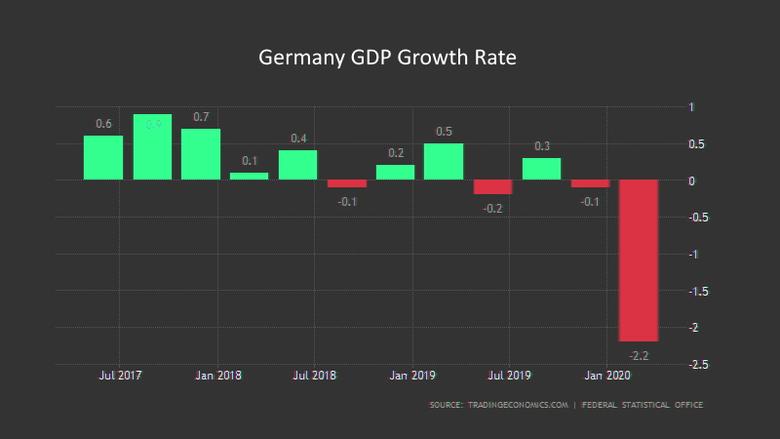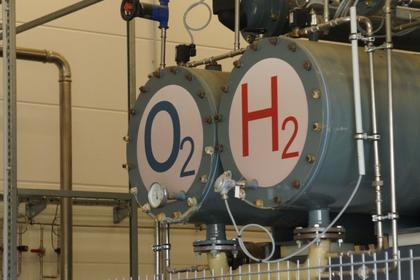GERMANY'S ECONOMY WILL FALL FASTER

РЕЙТЕР -
-----
Раньше:

2018, March, 14, 11:45:00
REUTERS - U.S. West Texas Intermediate (WTI) crude futures CLc1 were at $60.77 a barrel at 0753 GMT, up 6 cents, or 0.1 percent, from their previous settlement. Brent crude futures LCOc1 were at $64.62 per barrel, down just 2 cents from their last close.
|

2018, March, 7, 15:00:00
РЕЙТЕР - К 9.17 МСК фьючерсы на североморскую смесь Brent опустились на 0,85 процента до $65,23 за баррель. Фьючерсные контракты на американскую лёгкую нефть WTI к этому времени торговались у отметки $62,07 за баррель, что на 0,85 процента ниже предыдущего закрытия.
|

2018, March, 7, 14:00:00
EIA - North Sea Brent crude oil spot prices averaged $65 per barrel (b) in February, a decrease of $4/b from the January level and the first month-over-month average decrease since June 2017. EIA forecasts Brent spot prices will average about $62/b in both 2018 and 2019 compared with an average of $54/b in 2017.
|

2018, March, 5, 11:35:00
РЕЙТЕР - К 9.28 МСК фьючерсы на североморскую смесь Brent поднялись на 0,33 процента до $64,58 за баррель. Фьючерсные контракты на американскую лёгкую нефть WTI к этому времени торговались у отметки $61,44 за баррель, что на 0,31 процента выше предыдущего закрытия.
|

2018, March, 4, 11:30:00
МИНФИН РОССИИ - Средняя цена нефти марки Urals по итогам января – февраля 2018 года составила $ 65,99 за баррель.
|

2018, February, 27, 14:15:00
РЕЙТЕР - К 9.18 МСК фьючерсы на североморскую смесь Brent опустились на 0,15 процента до $67,40 за баррель. Фьючерсные контракты на американскую лёгкую нефть WTI к этому времени торговались у отметки $63,80 за баррель, что на 0,17 процента ниже предыдущего закрытия.
|

2018, February, 27, 14:05:00
МИНФИН РОССИИ - Средняя цена на нефть Urals за период мониторинга с 15 января по 14 февраля 2018 года составила $66,26457 за баррель, или $483,7 за тонну.
|
GERMANY'S ECONOMY WILL FALL FASTER

REUTERS - JUNE 15, 2020- Germany's economic output will fall further in the second quarter than in the first, the economy ministry said on Monday, warning that the recovery in the second half of the year and beyond would be sluggish.
Europe's largest economy went into lockdown in March, with many firms halting production and shops closing. It is now facing its worst recession since World War Two after the economy contracted by 2.2% in the first quarter.
"The economic recovery phase will take time because the epidemiological risks persist and citizens and companies react to them," the ministry said in its monthly report.
But the ministry said it looked like the trough had been passed and added that a gradual relaxation of the lockdown means the economic revival likely started from May.
The ministry said German foreign trade was likely to revive from May after exports and imports in April posted their biggest declines since records began in 1990.
But it predicted a significant decline in exports and imports for 2020 as whole.
The German government has stuck to the growth forecast it gave in April for a 6.3% contraction this year but many economic institutes have made more pessimistic predictions.
The government's planned 130 billion euro ($146.29 billion) stimulus programme could boost economic output in Europe's largest economy by 1.3 percentage points both this year and next, the DIW institute said last week. ($1 = 0.8887 euros)
-----
Tags:
GERMANY,
ECONOMY











